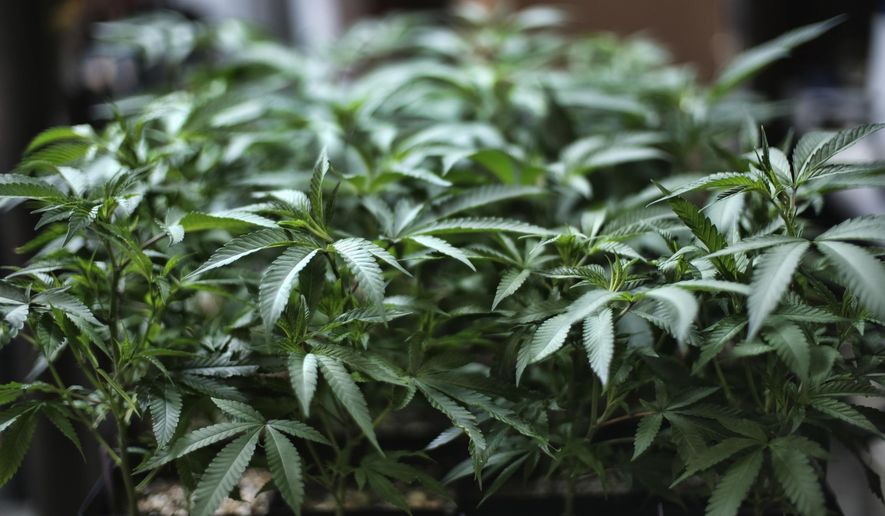OPINION:
As millions buckle under the strain from a year of disease and privation, Democrats want their constituents to know that help is on the way. Relief funds are important, of course, but first things first: At the top of the party’s to-do list is not money, but marijuana.
House Speaker Nancy Pelosi’s Democrat-controlled chamber on Friday narrowly approved the Marijuana Opportunity Reinvestment and Expungement (MORE) Act, which would, among other things, remove cannabis from the federal list of controlled substances and establish a process for erasing offenders’ conviction records. The pot bill passed 228-164 with overwhelming support from Democrats and resistance from Republicans.
Having dealt with the pressing issue of helping Americans feed their fancies, legislators might find time to take up a bipartisan $908 billion coronavirus relief bill, now that apparent lame-duck President Trump is in no position to garner credit.
The pot bill is expected to go up in smoke in the Senate. Majority Leader Mitch McConnell has the votes to block the bill from reaching the desk of presumed President-elect Joe Biden, who would likely sign it into law.
Though the measure to remove marijuana from the federal list of controlled substances has stalled, efforts to legalize pot on the state level have advanced unabated. On Election Day, voters in five states — New Jersey, Mississippi, Montana, Arizona and South Dakota — joined all states except Idaho and Nebraska in either decriminalizing or legalizing weed for medical or recreational use.
The cannabis conundrum is one of those circular anomalies that defy common sense. The MORE Act would direct small-business loans to help expand marijuana businesses in communities — mostly minority — ravaged by the war on drugs. At the same time, it would tax pot products at 5% to fund job training and drug rehabilitation programs to fight the detrimental effects of substance abuse. Around and around it goes.
The criminality of illicit drug use and trade can be softened without tilting toward the opposite extreme of feeding a debilitating craving. President Trump and Congress collaborated on just such a federal initiative with the 2018 First Step Act.
But lawmakers cannot unmake the evidence that habitual marijuana use is harmful to mental health. The U.S. National Institutes of Health has not retreated from describing the drug as “psychotropic,” or mind-altering, used by more than 11.8 million young adults in 2018. One in 10 become addicted, according to the Centers for Disease Control and Prevention, and for users younger than age 18, addiction snares one in six. Some “opportunity.”
In contrast, pot promoters across the nation intent on making a virtue of vice — and enriching their treasuries with weed tax revenue — do their communities no favor. Transforming the nation may be a signature goal of most Democrats and a few wayward Republicans, but opening the door to brain-addling addiction would only add to the melancholy of pandemic-weary Americans.




Please read our comment policy before commenting.